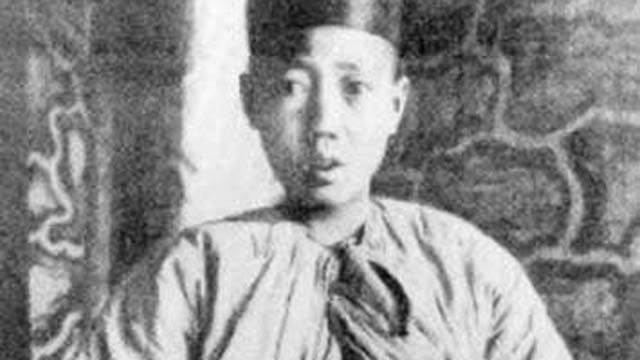ABC News reports that recent studies indicate eunuchs (men who have had their “family jewels” removed) may live significantly longer than those who are…er…”fully intact”.

Korea is home to the world’s only known records of the lives of eunuchs compared to others of similar social stature at the time. Looking at 81 eunuchs from the Chosun Dynasty, the period of Korea from 1392 to 1897, researchers determined that the average lifespan of the group was between 14 and 19 years longer than other men of similar social stature at the time, with three of them living to be over 100!
This study (along with records of castrated animal lifespans and lifespan records of castrated mental patients) has led many researches to believe that testosterone may have a major impact in determining our overall lifespans, one of the reasons why women tend to live on average longer than men.
Testosterone itself is only one factor, though, that can influence an individual’s lifespan. Researchers also believe that women, by having an extra X chromosome, may naturally have a “built-in backup” of sorts that can help them withstand the effects of aging and natural deterioration of their bodies over time. Nevertheless, these studies do indicate that high levels of testosterone could potentially mean shorter lives.
Before you go out and decide to get castrated or take medication to limit your hormones, though, bear in mind that doctors are still not recommending anyone actually follow through with any sort of drastic action. Those involved in the study would still like to remind everyone that, while these reports MAY indicate testosterone can limit someone’s life expectancy, nothing is conclusive at this time and no life-changing decisions should be made because of it.